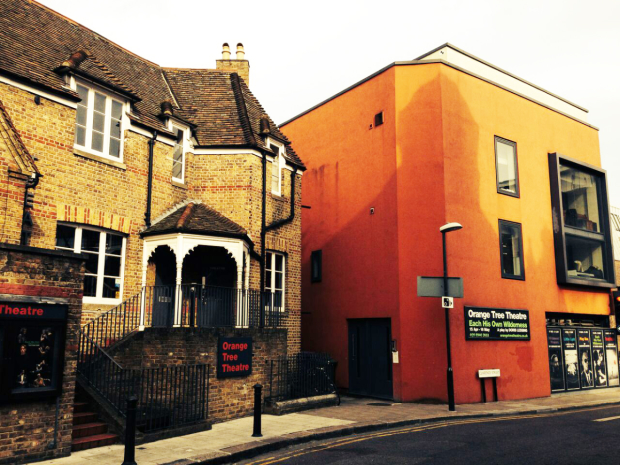Orange Tree will not apply for next round of NPO Arts Council funding
The theatre lost its status as a National Portfolio Organisation in 2014

Orange Tree Theatre have announced that they will not be applying for National Portfolio Organisation (NPO) funding from Arts Council England (ACE) for the 2018-22 period.
The west London theatre hasn't received core ACE funding since it left the National Portfolio in April 2015. They say they have restructured and significantly cut their core costs, and even if every performance sold out, they would still only make 70 per cent of the income needed to run the theatre.
Their business plan now doesn't include core regular funding from ACE but instead aims to achieve a target of 25 per cent fundraised income by 2019-20, with another 10 per cent coming from statutory sources.
There are currently 663 NPOs that receive a share of just under £1 billion investment by ACE. These venues include the National Theatre, the Royal Opera House, and the Royal Shakespeare Company.
The Orange Tree says part of the reason they have taken the decision is due to ACE's national priority being to 'ensure that any new money is invested outside of London', while the National Portfolio must now also include museums and libraries. The theatre will continue to apply for ACE funding through different schemes in the future, such as Grants for the Arts and strategic funding.
Orange Tree lost its NPO status in 2014 when ACE announced its investment plans for 2015-18. At the time, artistic director Miller said he was 'extremely disappointed' by the decision and warned that the Arts Council was under "extraordinary pressure".
However in a joint statement today, Miller, executive director Sarah Nicholson and chair of the board Richard Humphreys, said: 'We continue to have an excellent relationship with ACE, and last year we were successful in achieving Catalyst: Evolve investment in fundraising, and Grants for the Arts support towards additional activity to develop new work and support emerging artists.
'We are confident in the robustness of our business plan over the next three years, yet we want to emphasise that its success is reliant on the increasing support of our funders and our audiences.'












